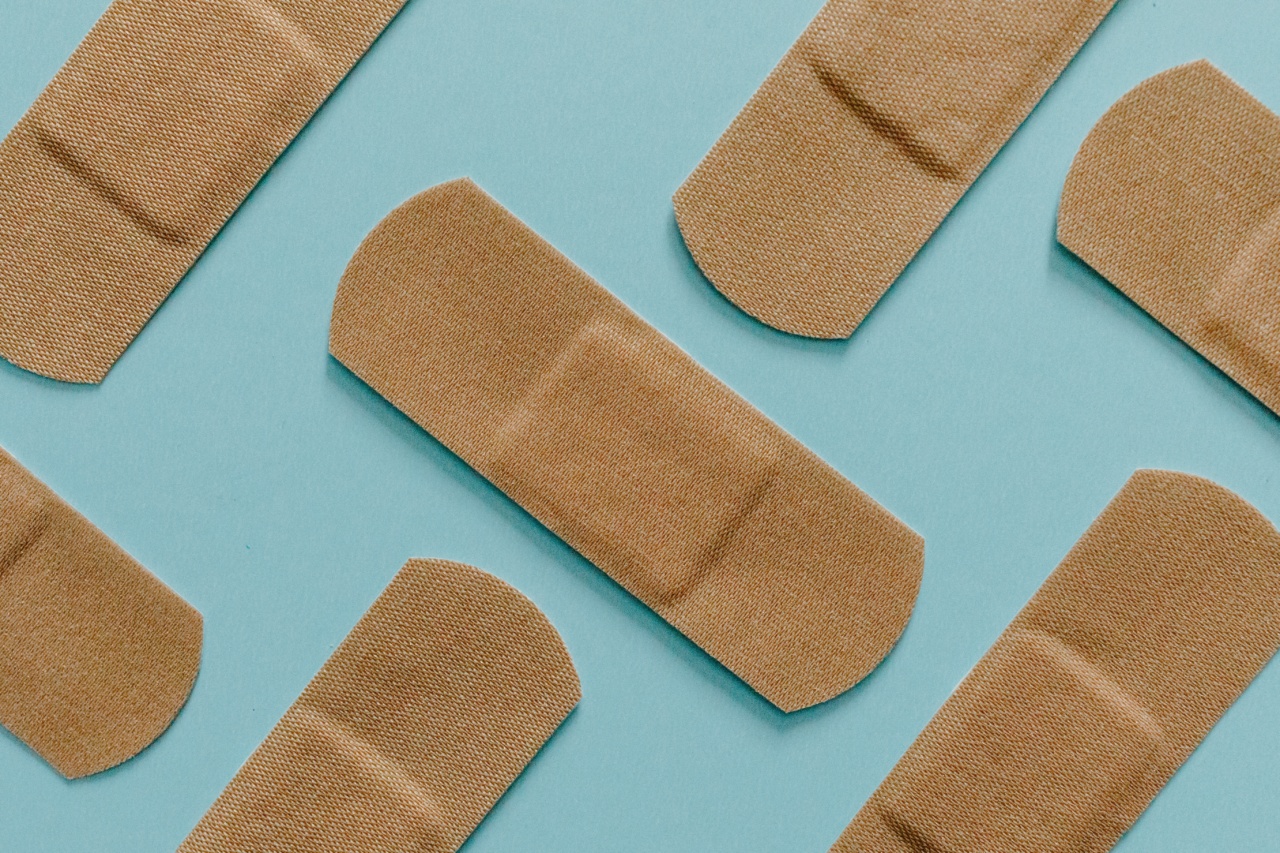When it comes to treating wounds, there are numerous products available on the market. One such product that has gained popularity over the years is Vaseline. Many people believe that Vaseline can effectively treat wounds and promote faster healing.
However, is Vaseline truly an effective treatment for wounds, or is it just a myth? In this article, we will delve into the science behind Vaseline’s potential wound-healing properties and examine whether it lives up to its reputation.
The Role of Moisture in Wound Healing
Before discussing the effectiveness of Vaseline for wound treatment, it is important to understand the role of moisture in the wound healing process.
Moisture plays a crucial role in wound healing as it helps to promote cell migration, increase oxygen flow, and facilitate the removal of waste products from the wound site. Additionally, moisture helps to prevent scab formation, which can delay healing and increase the risk of scarring.
Vaseline as a Moisture Barrier
One of the reasons why Vaseline is often recommended for wound care is its ability to form a protective barrier over the wound. Vaseline creates an occlusive layer on the skin, which helps to trap moisture and prevent evaporation.
This barrier function of Vaseline can help to maintain an optimal moist environment, which is conducive to wound healing.
Protecting the Wound from External Factors
Another benefit of using Vaseline for wound treatment is its ability to protect the wound from external factors that can hinder the healing process.
Vaseline acts as a physical barrier, preventing the entry of dirt, bacteria, and other contaminants into the wound. By keeping the wound clean and protected, Vaseline can minimize the risk of infection and promote faster healing.
Reducing Pain and Discomfort
In addition to its barrier properties, Vaseline can also help to reduce pain and discomfort associated with open wounds. The greasy texture of Vaseline provides a soothing effect on the wound, which can help to alleviate pain and itching.
Furthermore, the occlusive nature of Vaseline can help to protect nerve endings and reduce sensitivity to external stimuli, providing relief for the patient.
Considerations for Using Vaseline on Wounds
While Vaseline can offer several benefits for wound care, it is important to consider certain factors before using it on wounds:.
1. Cleanliness
Prior to applying Vaseline, it is crucial to clean the wound thoroughly to remove any debris or foreign particles. Improper cleaning can increase the risk of infection, which can impede the healing process.
2. Type of Wound
It is essential to consider the type of wound before using Vaseline as a treatment. Vaseline is generally suitable for minor cuts, scrapes, and burns. However, for deeper or more severe wounds, medical attention may be required.
3. Allergic Reactions
While rare, some individuals may experience allergic reactions to Vaseline. It is advisable to conduct a patch test before applying Vaseline to the entire wound area to check for any adverse reactions.
4. Consultation with a Healthcare Professional
If you are unsure about using Vaseline for wound treatment or if you have a persistent or serious wound, it is always recommended to consult with a healthcare professional.
They can provide appropriate guidance and recommend the best course of action based on the specific wound and individual circumstances.
Alternative Wound Care Products
While Vaseline can be a useful option for wound care, there are also alternative products available that are specifically formulated for wound healing.
These products often contain additional ingredients, such as antimicrobial agents or growth factors, which can enhance the wound-healing process. Some popular alternatives to Vaseline for wound care include antibiotic ointments, hydrogels, and medical-grade silicone dressings.
Conclusion
In conclusion, Vaseline can be an effective treatment for minor wounds by providing a protective barrier, maintaining moisture, reducing pain, and preventing infection.
However, it is important to consider individual circumstances, the type of wound, and consult with a healthcare professional before using Vaseline for wound care. Additionally, alternative wound care products with specialized formulations may offer additional benefits depending on the nature of the wound.
Proper wound care, including cleanliness and professional guidance, is essential for optimal healing and to minimize the risk of complications.






























